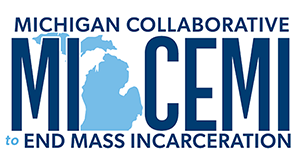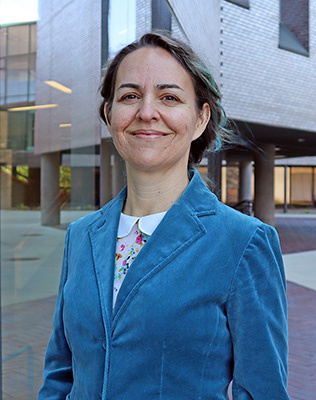
Projects
STPP recently published a white paper, Educational Technologies for Incarcerated Students: Challenges and Recommendations, divided into three sections, examining how as postsecondary prison educational programming expands, new institutions, practices, and norms defining tech use in these programs will emerge.
Section I recommends two “best practices” policies for tech use in prison higher education programs. These measures promise to improve incarcerated higher ed students' digital literacy and protect them from edtech-facilitated programming that does not truly support their interests.
Section II identifies three institutional barriers to implementing effective edtech policy in prison higher educational programming, recommending three corresponding systems-level reforms.
Section III discusses the utilitarian framework most commonly invoked in debates about the value of prison educational programming, recommending that human rights and communicative ethical frameworks inform policymaking. With their more robust conception of human needs and sociality, these frameworks provide better support for policies aiming at rehabilitation.
STPP also recently published a policy memo based on this white paper, Ensuring Educational Technology Access for Incarcerated Students.
STPP researchers recently wrote a letter to the Michigan Department of Corrections about educational technology.




